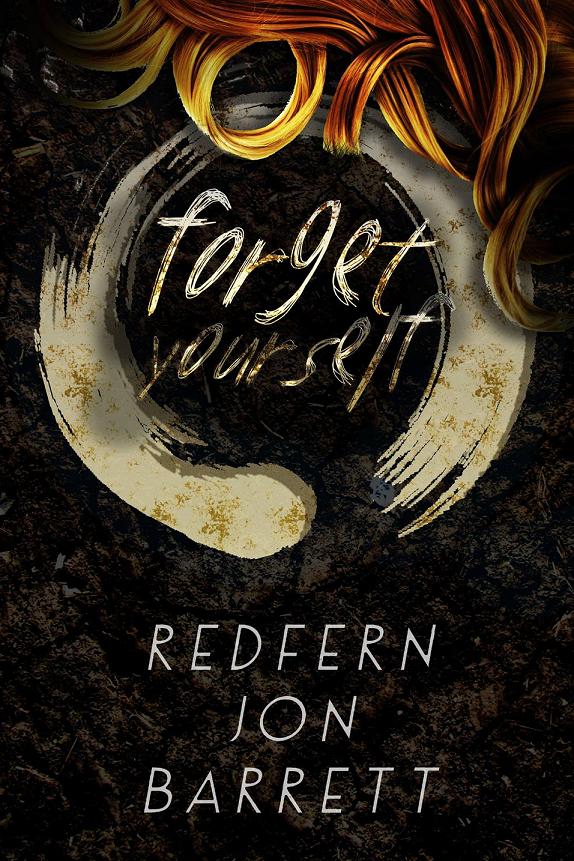Mercy Alston is a servant to Eliza Hamilton — yes, that Eliza Hamilton — and most of her work consists of assisting Eliza with her research into preserving Hamilton’s legacy. Her life is boring, quiet, and predictable, and at this point she prefers it that way. She’s been burned too many times by letting herself love and care about others, and she’d rather not make that mistake again.
But when Andromeda Stiel arrives at Hamilton Grange for an interview her grandfather can’t attend, Mercy’s immediate attraction to her throws all her carefully-laid plans into chaos. Andromeda’s charismatic, won’t-take-no-for-an-answer personality doesn’t help, and Mercy quickly finds herself spending more and more time with her and doing exactly what she’d promised herself she’d never do again — falling in love.
This is a really sweet story, centered around two queer black women and their journey from vague antagonism to love. We learn a surprising amount about both characters for such a short story, and we get a few glimpses into their work and into their relationships with others beyond the romance. They both feel like fleshed-out people with their own lives, which change and stretch as they get to know one another rather than contracting to only the two of them. Both of their relationships with others also changed as the story went on, and especially Mercy’s with Eliza and Angelica (Alexander and Eliza’s daughter).
The romance between Mercy and Andromeda is cute and engaging, but because this is a very short piece, some aspects of their relationship felt quite rushed or skipped over. They write letters to one another, and while you can absolutely (start to) fall in love with someone through letters, the time period over which this takes place doesn’t feel like it matches the rest of the pacing of the story. They seem to move from “admitting they’re attracted to one another” to “and we’re totally in love” very quickly, and while that’s often a mainstay of romance novels, it stuck out from the rest of the story for me.
I did struggle a little with how “easy” some of the problems of issues like homophobia were glossed over. Mercy is deeply afraid of how people will react if they find out she likes women, compounded by the way some of her previous partners reacted to her desires for commitment and their incredulity that they could have a life together as two women. Andromeda does not exactly dismiss these fears, but the way she soothes Mercy’s worries and the way others reacted to the two of them felt a little too accepting. I do recognize that this is likely my own fears and worries coming to the forefront, and while this felt out of place in the story, it was not a bad thing, and I did appreciate that they had a variety of supports around them.
Overall, I enjoyed this book quite a lot, and mostly wish that it were longer!
Content Warnings: sexism, homophobia, racism, parental death (past), sibling death (past), partner death (past)


